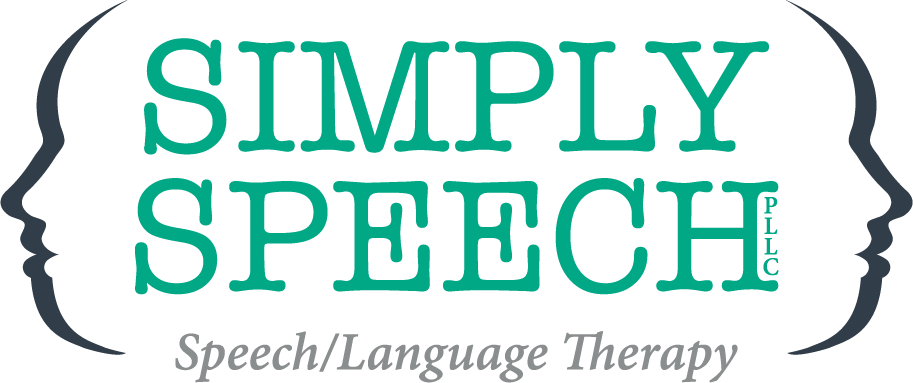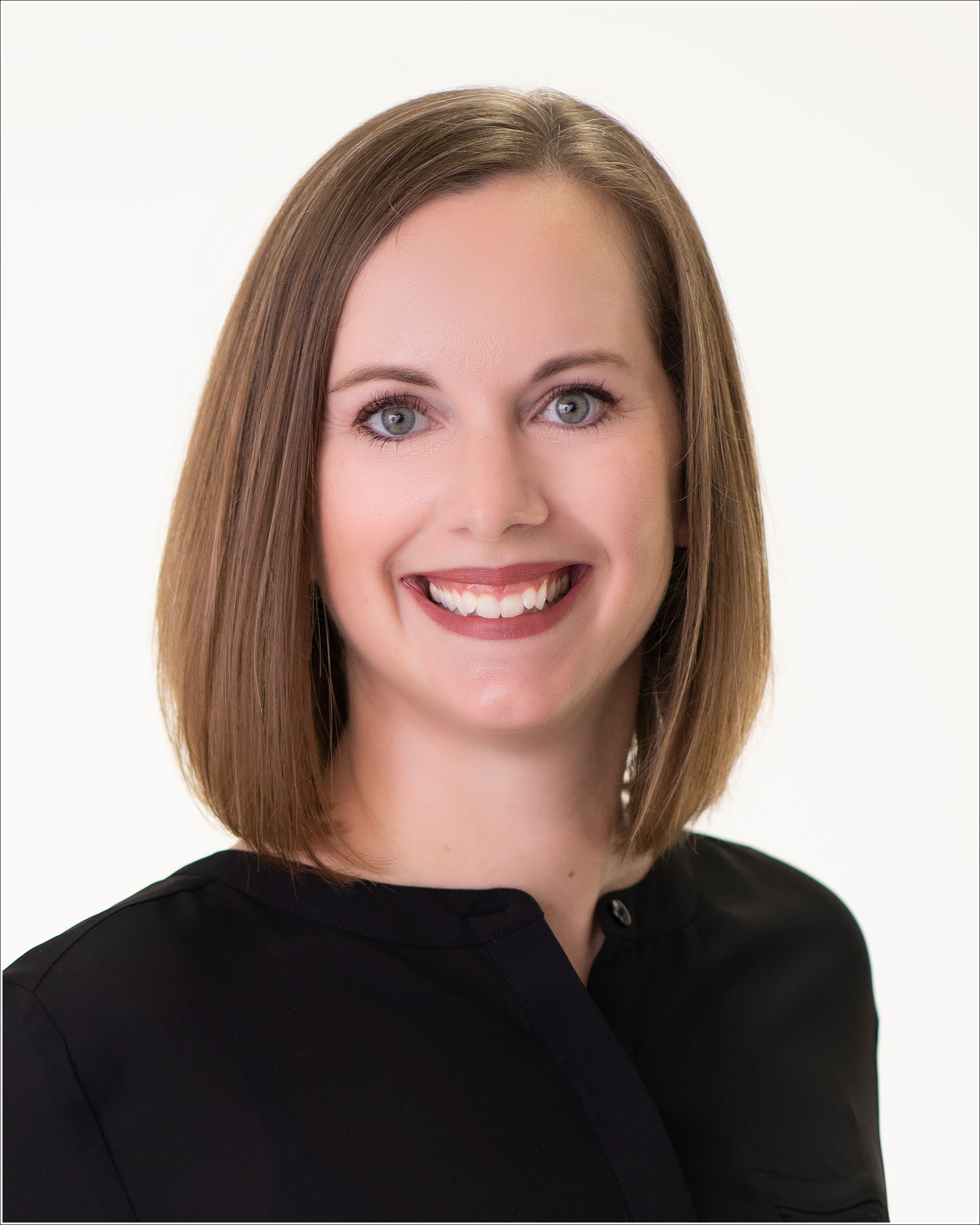Watching a child grow to gain new skills is an exciting privilege. Parents are often asked the question about their children: “Is he/she talking yet?” “Talking” can look very different from one child to another and in the same child from one age to another. Milestones help us navigate answering the question: “Is he/she developing speech and language skills at the same rate as other children his/her age?”
Milestones are developmental stages or accomplishments. Basically, what a child should be doing at a certain age. Speech and language development begins in the womb while a baby is exposed to the speech of his/her mother all the way through adulthood when people continue to refine their skills. Milestone lists are compiled based on research of when children master certain skills. For example, 90% of children master the “k” sound by their 3rd birthday.
Why do milestones matter? Tracking developmental milestones in children helps parents and professionals determine if development is appropriate. If a child is not meeting milestones, it could signal a simple delay or sometimes a disorder requiring further medical attention.
Some basic “rule of thumb” milestones for early speech and language development include:
6 months-
*looks intently at a speaker
*takes turns “talking” by cooing and making simple babbling sounds
12 months-
*plays simple games like Peek-a-Boo0
*says a couple words in addition to “mama” and “dada”
*follows very simple and familiar directions
2 years-
*uses 2-word sentences
*understands simple questions
*has at least 50 words
*can say sounds: p, d, m, w, h, n
3 years-
*says hundreds of different words
*uses sentences regularly
*participates in simple conversations *understands concepts such as big/little, in/out, hot/cold
*strangers can understand about 75-80% of what they say
4 years-
*speech should be understood by strangers
*can tell stories
*regularly uses 5+ word sentences
For more specific lists of speech and language milestones, please visit: http://www.asha.org/public/speech/development/chart.htm

